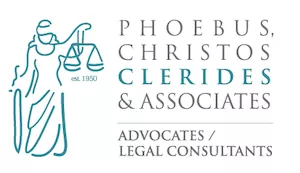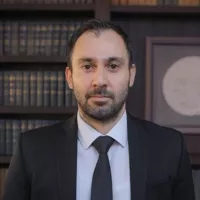- within Law Department Performance and Transport topic(s)
- with readers working within the Property industries
In criminal cases, accusations of wrongdoing can arise even when the accused had no intent to commit a crime. Misunderstandings, procedural errors, or even malicious actions by others can lead to charges, such as those involving false declarations under oath. A recent criminal court case where we successfully defended our client highlights the importance of understanding your rights and securing robust legal defense when faced with such situations.
The Risks of False Allegations in Legal Declarations
Accusations of providing false statements under oath, as covered under Article 117 of the Criminal Code Cap. 154 in Cyprus, are serious and carry the potential for severe penalties, including imprisonment. However, these cases often hinge on:
- Proving Intent: Establishing whether the accused knowingly and willfully made a false statement.
- Understanding Legal Nuances: Misinterpretations of legal definitions, such as what constitutes "secured property," can lead to errors without intent.
- Circumstantial Evidence: Cases can arise from incomplete or ambiguous documentation.
Defending Against False Allegations
A strong defense strategy focuses on demonstrating the absence of intent and providing evidence to clarify misunderstandings. Courts in Cyprus have recognized that mistakes or omissions in legal filings do not automatically constitute criminal intent. Key aspects of a defense include:
- Detailed Review of Evidence: Scrutinizing the circumstances under which the statement was made.
- Testimony from Reliable Witnesses: Establishing the context and intent behind the accused's actions.
- Procedural Safeguards: Ensuring the case adheres to fair trial standards, including the burden of proof resting on the prosecution.
Lessons from the Case
In the referenced case, the accused was charged with making a false declaration in a bankruptcy application. The defense successfully argued that:
- The error in the declaration stemmed from oversight rather than intent.
- The accused took prompt corrective action upon realizing the mistake.
- The alleged false statement did not materially impact the legal proceedings or the rights of others.
The court ultimately found that the prosecution failed to prove intent beyond reasonable doubt, underscoring the importance of a meticulous and well-prepared defense.
Why You Need Expert Legal Representation
Facing charges for false declarations or similar allegations is daunting. A skilled defense lawyer can help by:
- Analyzing the Case: Identifying weaknesses in the prosecution's arguments.
- Building a Robust Defense: Gathering evidence, consulting experts, and preparing compelling legal arguments.
- Advocating in Court: Ensuring your rights are protected and presenting a strong case for acquittal.
For any inquiries or further information about the legal topics discussed, please consult a legal professional or reach out to your trusted advisor. This article is intended for informational purposes only and does not constitute legal advice.


